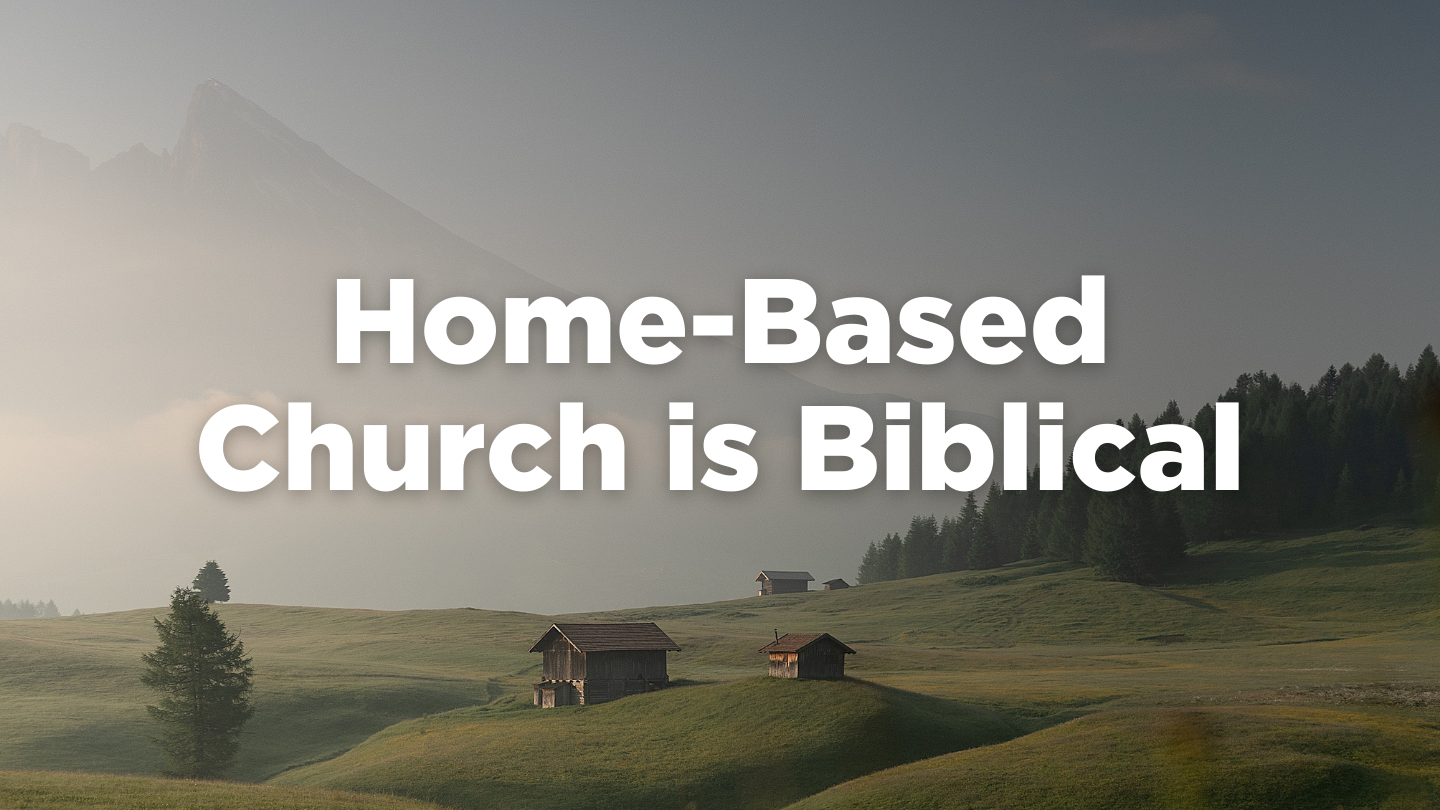Putting Your Faith Into Action预览

Home-Based Church is Biblical

Acts 1:13-14
“When they arrived, they went upstairs to the room where they were staying. Those present were Peter, John, James and Andrew; Philip and Thomas, Bartholomew and Matthew; James son of Alphaeus and Simon the Zealot, and Judas son of James. They all joined together constantly in prayer, along with the women and Mary the mother of Jesus, and with his brothers.”
Acts 2:1-4
“When the day of Pentecost came, they were all together in one place. Suddenly a sound like the blowing of a violent wind came from heaven and filled the whole house where they were sitting. They saw what seemed to be tongues of fire that separated and came to rest on each of them. All of them were filled with the Holy Spirit and began to speak in other tongues as the Spirit enabled them.”
1 Corinthians 14:26
“What then shall we say, brothers and sisters? When you come together, each of you has a hymn, or a word of instruction, a revelation, a tongue or an interpretation. Everything must be done so that the church may be built up.”
1 Corinthians 16:19-20
“The churches in the province of Asia send you greetings. Aquila and Priscilla greet you warmly in the Lord, and so does the church that meets at their house. All the brothers and sisters here send you greetings. Greet one another with a holy kiss.”
In the Gospels, we see that Jesus preached anywhere and everywhere He could–on the mountains, at sea, on the plain, in synagogues, homes, and the temple. His disciples did the same. They preached the good news in synagogues and schools, by the river, and at the temple. However, as we dive deeper into the life of Jesus and His followers, it is clear that while preaching happened in many places, fellowship happened in homes.
In Acts 2:1-4, we get a glimpse inside a home church during that time–where the disciples were gathered to pray and fellowship. And it was inside the home God poured His spirit out on the people.
What is a Church?
Although most people have come to associate “church” with buildings, the New Testament refers to believers gathered together as the “church.” Every time the “church” is mentioned in the New Testament, it references believers, not buildings.
Another common association with the modern-day church is a congregation and one person–such as a pastor–speaking and teaching. In 1 Corinthians 14:26, however, we see that the Early Church was built up not by one person speaking to the rest but by all people sharing with one another. This creates a much more intimate communion between Christ and His people.
Why a Home?
A home is more than just a building–it's a place where we can relax and feel safe. It's a refuge from the hustle and bustle of the outside world that provides peace, love, and renewal. A home provides us with a sense of stability and belonging–a place you’ll always be accepted even when the world rejects you. In the Gospels, Jesus and His disciples were cast out of the temple. It was then they started to gather in homes, praying and building one another up in a small, intimate space before heading out into the world again.
Why a Home Church?
The New Testament is filled with letters sent to churches. These “churches” were based in homes, just like it says in 1 Corinthians 16:19. In fact, we never read of any other kind of church than a home-based church in the New Testament.
Just as home-based churches provided a refuge for followers of Jesus in Biblical times, they are a sanctuary of belonging and renewal today. By gathering in a more intimate setting with less business and financial pressure, we are able to proactively put our faith into action without the barriers modern churches face. The focus becomes less on gathering money to build up a building and more about building one another up to live out our faith in every area of our lives.
读经计划介绍

You can learn a lot about worship, fellowship, and ministry in the writings about the Early Church found in Acts and 1 Corinthians. In this 5-day devotional, we’re sharing how you can simplify your faith walk and strip away the business, financial, and infrastructure challenges most churches face in order to refocus your energy on your personal relationship with God and put your faith into action.
More



